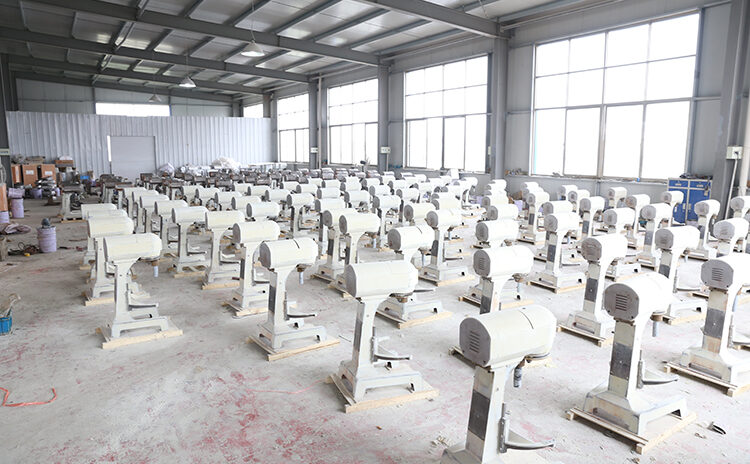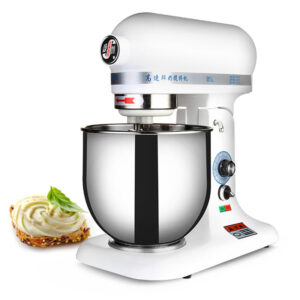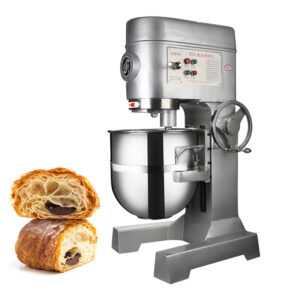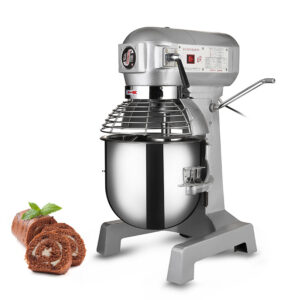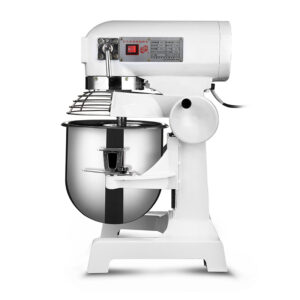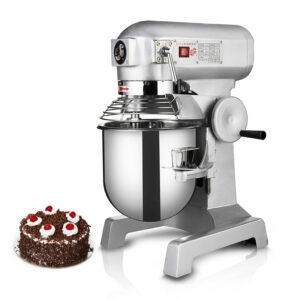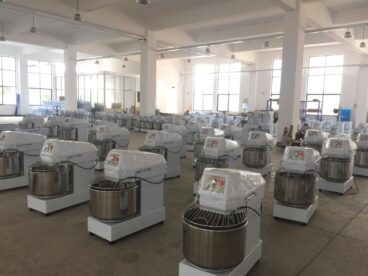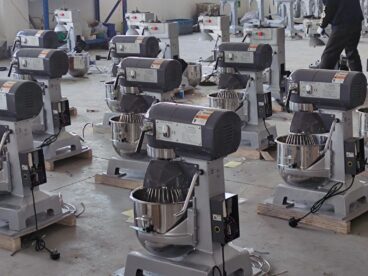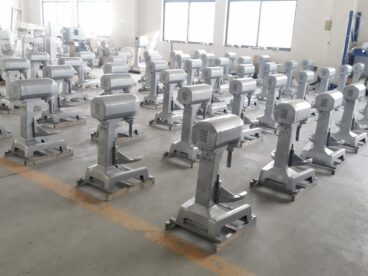In the bustling world of culinary ventures, efficiency and precision are paramount. From small bakeries to large-scale food production facilities, the need for reliable equipment is undeniable. Among the array of tools that streamline food preparation processes, the commercial mixer stands out as a cornerstone of modern kitchen operations. In this comprehensive guide, we delve into the intricacies of commercial mixers, exploring their functionalities, applications, and importance in various industries.
Understanding Commercial Mixers
What is a Commercial Mixer?
At its core, a commercial mixer is a powerful kitchen appliance designed to blend, mix, knead, and whip ingredients efficiently and effectively. Unlike their domestic counterparts, commercial mixers are engineered to withstand heavy usage and handle large quantities of ingredients, making them indispensable in commercial kitchens, bakeries, restaurants, and food production facilities.
The Anatomy of a Commercial Mixer
Components and Features
Commercial mixers typically consist of a sturdy base, a mixing bowl, and various attachments such as beaters, dough hooks, and wire whips. They come in a range of sizes and configurations, including countertop and floor-standing models, to suit different production needs. The key features of commercial mixers include robust motors, durable construction, multiple speed settings, and safety mechanisms to ensure smooth and reliable operation.
Applications Across Industries
Bakery and Pastry
In bakeries and pastry shops, commercial mixers are indispensable for preparing dough, batter, frosting, and other ingredients. From artisanal bread to delicate pastries, these versatile machines help achieve consistent textures and flavors while reducing manual labor and mixing time.
Food Service
In the food service industry, commercial mixers find application in preparing sauces, dressings, marinades, and other culinary creations. Their high capacity and efficient mixing action enable chefs and kitchen staff to maintain quality and consistency in large-scale food production operations.
Confectionery
In confectionery production, commercial mixers play a crucial role in blending ingredients for candies, chocolates, fillings, and icings. Their ability to handle different viscosities and textures ensures precise mixing and uniform distribution of flavors, essential for achieving delectable confectionery products.
Hospitality and Catering
In hotels, catering companies, and institutional kitchens, commercial mixers streamline meal preparation for large gatherings, banquets, and events. Whether whipping up mashed potatoes or emulsifying dressings, these machines facilitate efficient production while meeting the demands of high-volume food service.
Choosing the Right Mixer for Your Needs
Factors to Consider
When selecting a commercial mixer, several factors should be taken into account to ensure optimal performance and functionality:
Capacity: Choose a mixer with a bowl size that matches your production volume and recipe requirements.
Power: Select a mixer with a motor powerful enough to handle your intended applications, including heavy-duty mixing and kneading tasks.
Attachments: Consider the types of attachments available and their compatibility with your specific mixing needs, such as dough hooks for bread-making or paddle attachments for cake batter.
Construction: Look for mixers constructed from durable materials such as stainless steel, with robust components that can withstand rigorous use in a commercial kitchen environment.
Maintenance and Care Tips
Extending the Lifespan of Your Mixer
Proper maintenance is essential for preserving the performance and longevity of your commercial mixer:
Regular Cleaning: Clean the mixer thoroughly after each use to prevent residue buildup and maintain food safety standards.
Lubrication: Periodically lubricate moving parts and bearings to ensure smooth operation and minimize wear and tear.
Inspections: Conduct routine inspections of the mixer’s components and attachments to identify any signs of damage or wear that may require repairs or replacements.
Professional Servicing: Schedule regular servicing by qualified technicians to address any mechanical issues and keep your mixer in peak condition.
Conclusion
In conclusion, the commercial mixer is a versatile and indispensable tool in the modern culinary landscape. From bakeries to food production facilities, its ability to efficiently blend, mix, and knead ingredients enhances productivity, consistency, and quality across various industries. By understanding its functionalities, applications, and maintenance requirements, businesses can harness the full potential of this essential kitchen appliance to elevate their culinary creations and delight their customers.


